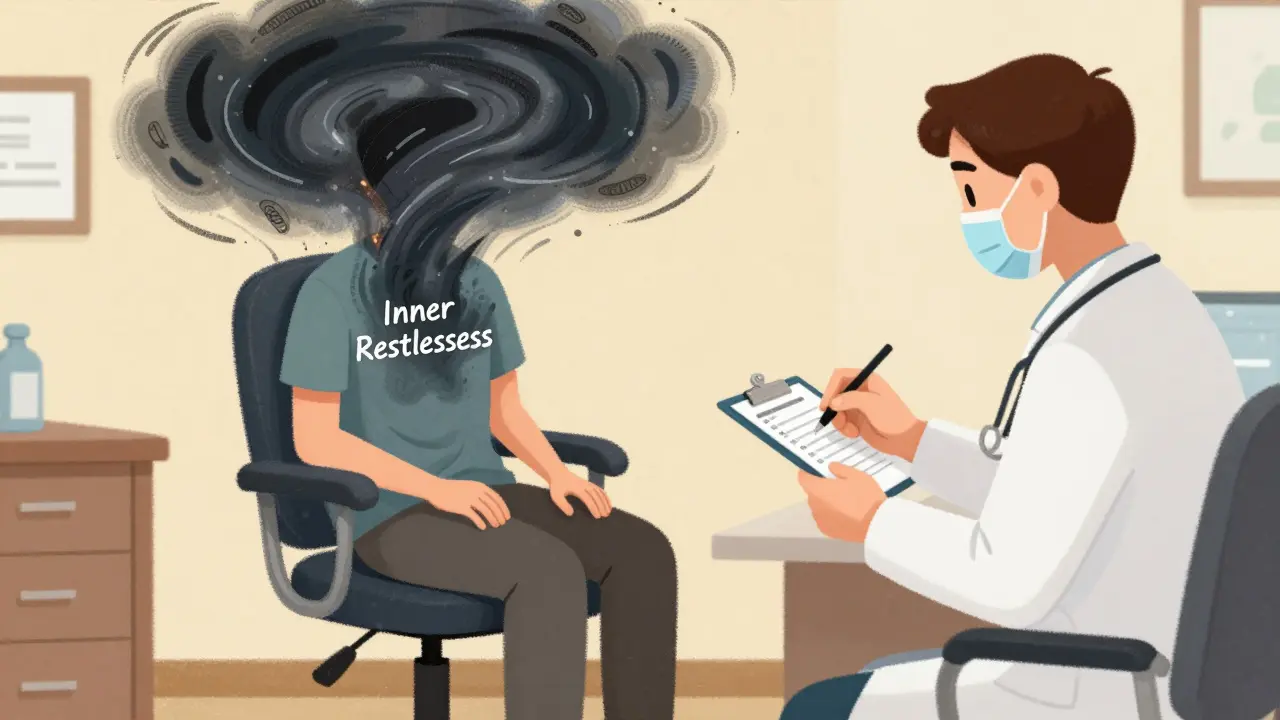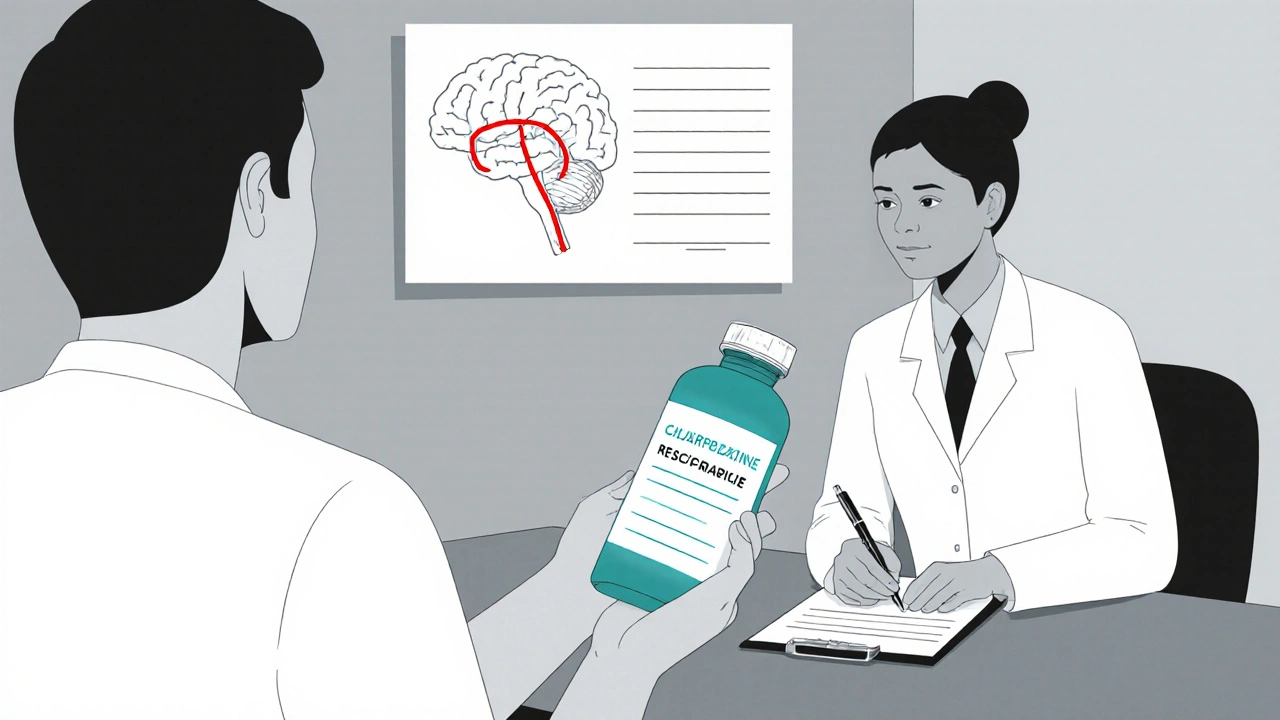Antipsychotic Side Effects – What You Need to Know
When dealing with antipsychotic side effects, unwanted physical or mental reactions that can appear while taking antipsychotic drugs, it helps to break the topic into clear parts. One of the first things to understand is antipsychotic medications, drugs prescribed for conditions like schizophrenia, bipolar disorder, and severe depression. These medicines can trigger a range of reactions, and two of the most talked‑about categories are extrapyramidal symptoms, movement disorders such as tremor, rigidity, and akathisia and metabolic syndrome, a cluster of weight gain, high blood sugar, and cholesterol changes that raise heart risk. The relationship is simple: antipsychotic side effects include movement issues, and they also influence metabolic health. Clinicians watch for weight gain because it often signals the onset of metabolic syndrome, and early detection can prevent long‑term cardiovascular problems.
Why These Side Effects Matter and How to Spot Them
Understanding the why behind each reaction makes monitoring easier. Extrapyramidal symptoms arise when dopamine pathways in the brain are blocked; the same mechanism that calms psychosis can also stiffen muscles. Recognizing early signs—like a restless leg or facial twitch—lets patients and doctors adjust doses before discomfort becomes severe. On the metabolic side, many second‑generation antipsychotics interfere with insulin regulation, leading to rapid weight gain, often the first visible cue of deeper metabolic changes. A quick weight check each month, combined with blood sugar and lipid panels, creates a practical safety net. Remember, the presence of one side effect often predicts the others; for instance, pronounced weight gain can increase the likelihood of developing diabetes, which in turn may worsen movement symptoms.
Below you’ll find a curated set of articles that dive into specific strategies—how to taper problematic drugs, dietary tweaks to curb weight gain, and therapeutic options for managing extrapyramidal symptoms. Whether you’re a patient looking for everyday tips or a caregiver needing a clear plan, the collection offers actionable insights that directly address the side effects most people encounter while on antipsychotic therapy.
Restless Legs and Akathisia from Medications: How to Tell Them Apart and What to Do
- Laura Ledas
- Jan, 19 2026
Learn how to tell apart medication-induced akathisia and restless legs syndrome, why misdiagnosis leads to dangerous treatment errors, and what actually works to treat it-backed by clinical data and patient experiences.
Learn MoreChlorpromazine and Tardive Dyskinesia Risk: What You Need to Know
- Laura Ledas
- Sep, 26 2025
Learn how chlorpromazine can cause tardive dyskinesia, its incidence, risk factors, monitoring tips, and modern management options for patients and clinicians.
Learn More
